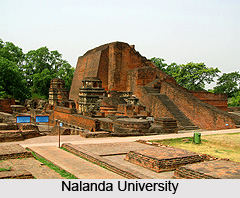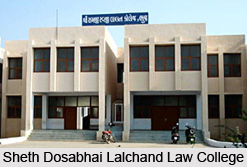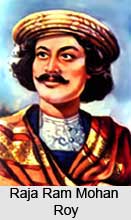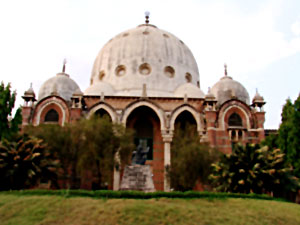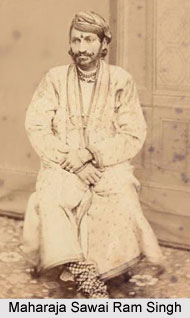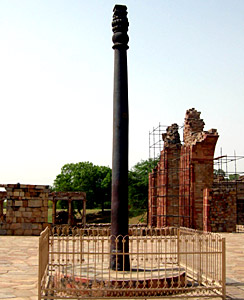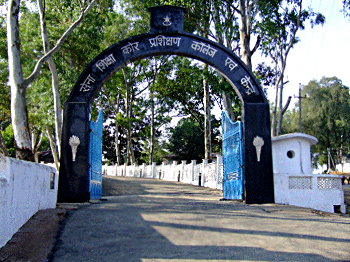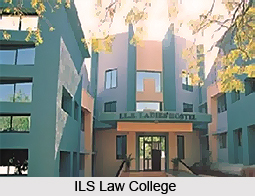 Indian Law Society`s Law College or ILS Law College is a law school located in Pune, India. It is located on Law College Road, Pune. Spread over 192 acres of land, the college is ranked amongst the top three law colleges in the country. It has also been ranked by the AC Nielson-India Today Survey in the seventh position. It was accredited the A+ level by NAAC in 2004. Three chief justices of India including ex-chief justice of India Shri Y. B Chandrachud was the alumnus of this college. Even the current Chief Minister of Maharashtra Shri Vilasrao Deshmukh was a student of this College.
Indian Law Society`s Law College or ILS Law College is a law school located in Pune, India. It is located on Law College Road, Pune. Spread over 192 acres of land, the college is ranked amongst the top three law colleges in the country. It has also been ranked by the AC Nielson-India Today Survey in the seventh position. It was accredited the A+ level by NAAC in 2004. Three chief justices of India including ex-chief justice of India Shri Y. B Chandrachud was the alumnus of this college. Even the current Chief Minister of Maharashtra Shri Vilasrao Deshmukh was a student of this College.
History of ILS Law College
The Indian Law Society was established in 1923 as a Public Charitable Trust with the aim of providing facilities for the study of law on a scientific basis with proper training. The college is registered under the Societies Registration Act.
Courses offered by ILS Law College
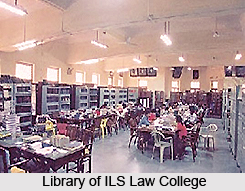 The college has a three-year and a five-year course. While the three-year course can be done after graduation, the five-year course can be done post-standard 12th. The college also offers diplomas and distance-learning courses.
The college has a three-year and a five-year course. While the three-year course can be done after graduation, the five-year course can be done post-standard 12th. The college also offers diplomas and distance-learning courses.
Admissions are given strictly on merit basis. While the admission forms are available during the first week of June, the admission procedure begins during the second week of June.
Facilities of ILS Law College
The college houses a library, a reading room, an administrative office, and a conference hall. It also has fifteen halls for regular lectures, the legal aid centre and an auditorium with a capacity of 400 people, used for guest lectures, college functions and presentations. The library boasts of over 45,000 books, journals and periodicals. It subscribes to over 95 Indian and foreign journals each year, including the All England Reports, The American Journal of Comparative Law, and The Cambridge and Oxford Law Journals. The college has several students club and societies that enable the students to develop themselves over-all. It also has various sports facilities like a gymnasium, a cricket and a football ground, a sports pavilion housing the indoor sports facilities, tennis courts and a swimming pool.
